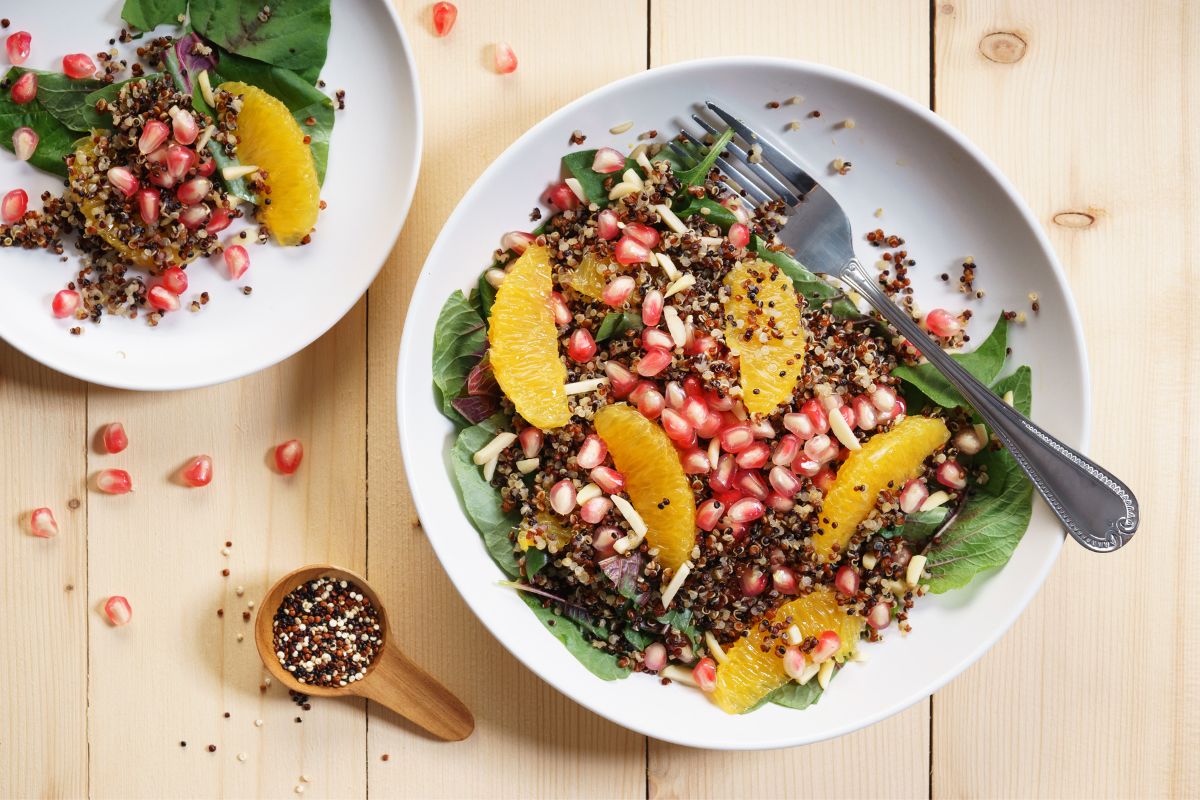Harnessing the Power of Vegan Foods to Fight Inflammation
Ever pondered how simple dietary changes could dramatically boost your energy, elevate your performance, and uplift your overall health? Delve into the realm of vegan foods that serve as nature's remedy for inflammation, offering a path to enhanced vitality and well-being.
Inflammation is your body’s built-in alarm system, signaling the immune system to heal damage caused by toxins, infections, or injuries. This typically manifests as redness, swelling, and irritation. While this immune response is a vital part of healing, chronic inflammation acts as a false alarm where the body mistakenly attacks its own tissues, leading to severe health problems like cancer, heart disease, and diabetes, alongside general fatigue, digestive discomfort, and skin issues. Environmental pollutants, lifestyle stressors, and poor dietary choices are the primary culprits behind this relentless inflammatory response. Adopting a vegan, anti-inflammatory diet can reverse these effects, enhancing long-term wellness.
The Role of Diet in Inflammation
Diet is instrumental in managing inflammation. While foods high in sodium, refined sugars, and unhealthy fats exacerbate inflammatory responses, a focus on plant-based nutrition offers significant benefits. Similar to the Mediterranean diet but with a focus on whole, nutrient-dense vegan foods, you can effectively combat inflammation. This includes an array of fruits, vegetables, whole grains, nuts, seeds, and legumes, known for their ability to stabilize blood sugar, neutralize harmful free radicals, and support gut health. Steering clear of processed vegan options is key to unlocking the full anti-inflammatory potential of a plant-based lifestyle.
Foods That Fight Inflammation
Antioxidant-Rich Fruits
Organic blueberries, strawberries, raspberries, blackberries, and citrus fruits play a key role in an anti-inflammatory diet. High in flavonoids, carotenoids, and vitamins A, C, and E, these fruits help protect against cellular damage and inflammation. Adding organic berries to cereals, yogurts, or smoothies can significantly increase your antioxidant intake.
Vegetables
Kale, spinach, beets, broccoli, cauliflower, and Brussels sprouts are equally vital for fighting inflammation. These vegetables are rich in vitamins A, C, and E, as well as sulforaphane, a compound noted for its powerful anti-inflammatory properties. Blending leafy greens into smoothies or incorporating cruciferous vegetables into your meals boosts antioxidant levels.
Omega-3-Rich Seeds, Nuts, and Healthy Fats
Seeds such as flax and chia, along with nuts like walnuts, are excellent sources of omega-3 fatty acids and vitamin E, essential for reducing inflammation. Healthy fats, found in extra virgin olive oil and avocado oil, contain monounsaturated fats and antioxidants. Incorporate seeds and nuts into baked treats, drizzle olive oil over grain bowls, or layer avocado onto sandwiches and salads.
Plant-Based Proteins and Organic Whole Grains
Legumes, beans, tofu, and tempeh, along with organic whole grains like quinoa and oats, offer high levels of protein and fiber, aiding in blood sugar regulation and inflammation reduction. These can be easily added to meals as main ingredients in stews and salads, or as a base for plant-based bowls.
Fermented Foods
Fermented foods such as sauerkraut, kimchi, and plant-based yogurts enrich the gut with probiotics, which are crucial for maintaining a balanced microbiome and reducing systemic inflammation. Consider incorporating them into your daily meals as side dishes, condiments, or snacks to take advantage of their anti-inflammatory power and support your gut health.
Spices
Spices such as turmeric, ginger, and garlic possess powerful anti-inflammatory properties. Turmeric’s active ingredient, curcumin, rivals certain anti-inflammatory medications in potency. Incorporating these spices into your meals enhances both flavor and health benefits.
Teas
Teas, including green, oolong, white, and herbal varieties, are packed with catechins and antioxidants, providing significant anti-inflammatory benefits. Oolong and white teas, in particular, contain unique polyphenols that help reduce inflammation and combat chronic diseases. Adding these teas to your daily routine can offer a soothing, anti-inflammatory effect.
Conclusion
Embracing a diet centered around whole, primarily raw, vegan foods that naturally combat inflammation is a proactive approach to maintaining your health. By thoughtfully adding antioxidant-rich fruits and vegetables, omega-3-packed seeds and nuts, and other plant-based foods into your diet, you can significantly reduce inflammation and lower the risk of chronic disease. Pair that with complementary lifestyle choices and you are well on your way to a healthier, more vibrant life!






